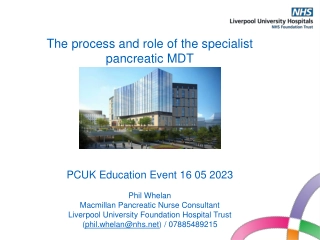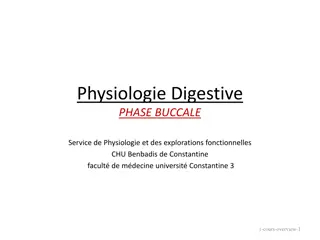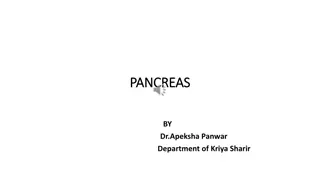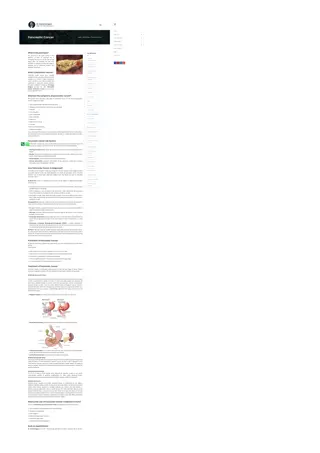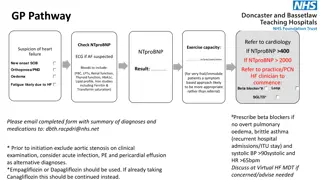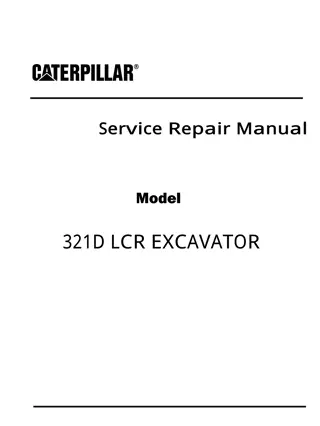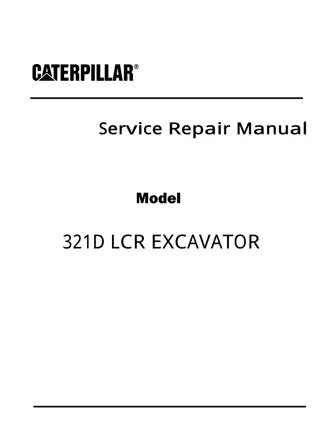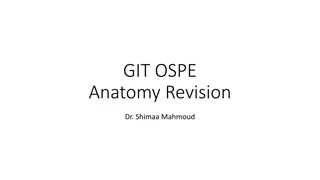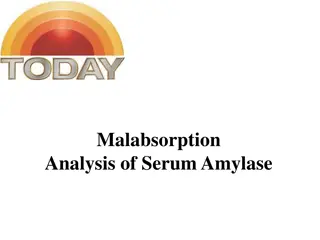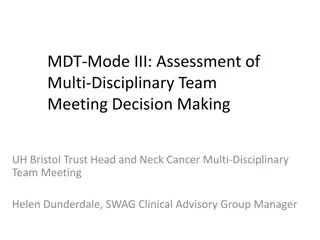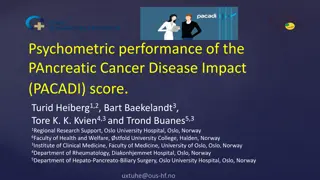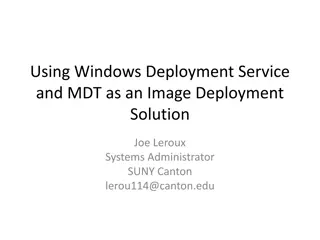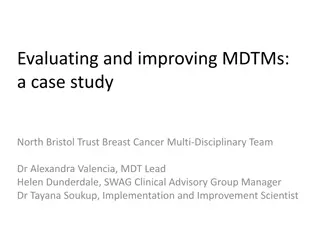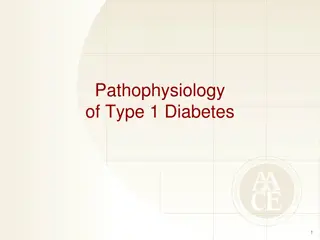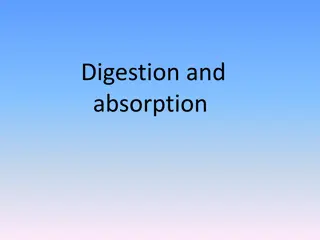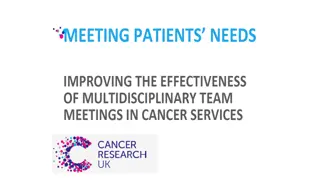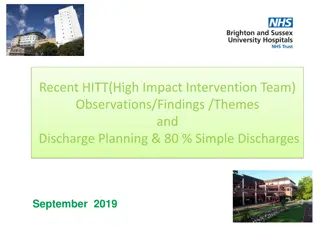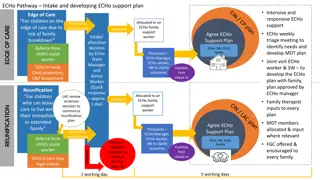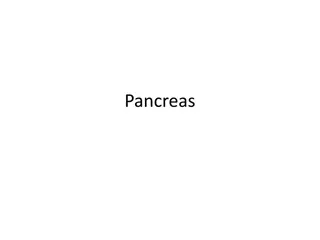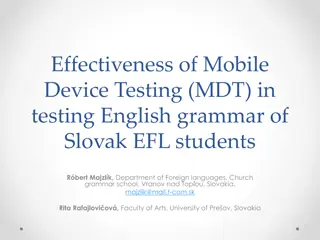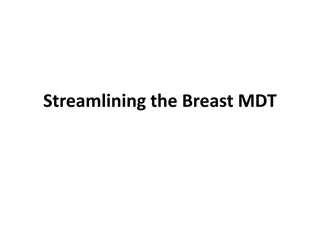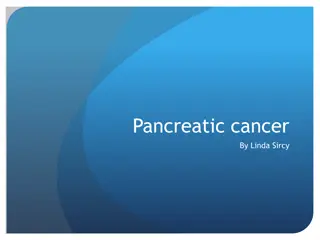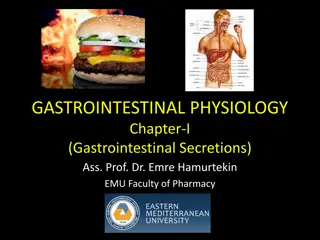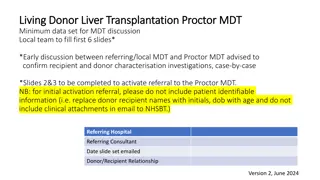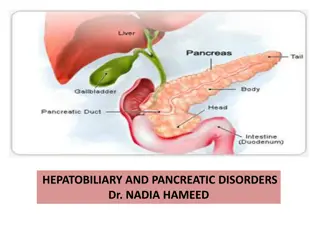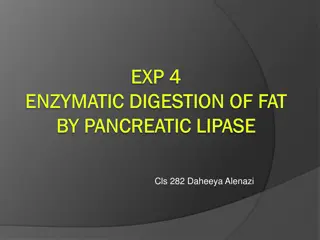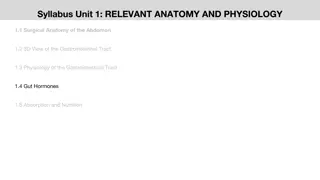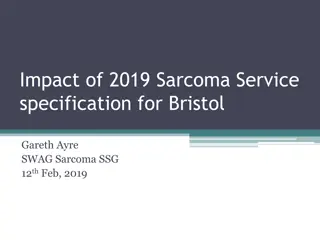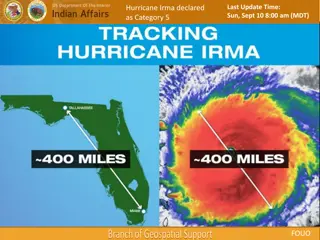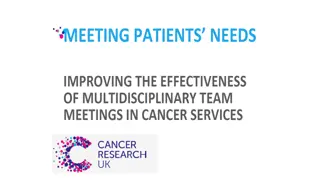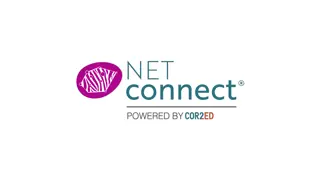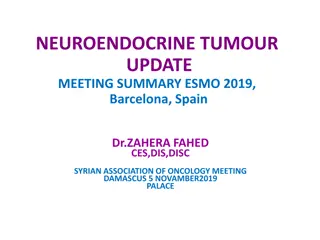Specialist Pancreatic MDT and Role in Cancer Care
Today's education event focuses on the role of a specialist pancreatic MDT led by Phil Whelan, a Macmillan Pancreatic Nurse Consultant. The session covers the Liverpool Pancreas Unit, the importance of treatment at specialist units, MDT operations, and the roles within the team. The evolution of pan
0 views • 23 slides
Physiologie Digestive PHASE BUCCALE
Digestive physiology involves the breakdown of food into simple nutrients for absorption by the body. It includes mechanical and chemical means of food degradation using enzymes from salivary, gastric, pancreatic, and colonic bacteria. The digestive system comprises the mouth, esophagus, stomach, li
4 views • 25 slides
Comprehensive Overview of Pancreas Function and Structure
Pancreas is a vital organ in the abdomen with dual exocrine and endocrine functions. As an exocrine organ, it secretes digestive enzymes and bicarbonates into the duodenum for food breakdown. In its endocrine role, the pancreas regulates blood sugar levels by secreting insulin, glucagon, somatostati
1 views • 16 slides
Pancreatic Cancer Treatment in Pune
Dr. Manoj Dongare provides the best Pancreatic Cancer Treatment in Pune. He is the best cancer specialist in Pune.
0 views • 2 slides
Heart Failure Pathway Information and Contact Details
This detailed pathway outlines the diagnostic and management steps for suspected heart failure, including NTproBNP levels, exercise capacity assessment, blood tests, and medication initiation criteria. It also provides information on Virtual HF MDT consultations, specialist support, and contact deta
1 views • 4 slides
Caterpillar Cat 321D LCR EXCAVATOR (Prefix MDT) Service Repair Manual Instant Download
Please open the website below to get the complete manual\n\n\/\/ \n
0 views • 28 slides
Caterpillar Cat 321D LCR EXCAVATOR (Prefix MDT) Service Repair Manual Instant Download
Please open the website below to get the complete manual\n\n\/\/
0 views • 28 slides
Detailed Anatomy Review for GIT Blood Supply
This content provides a thorough anatomy revision focusing on the blood supply of the gastrointestinal tract (GIT). It covers stations discussing the blood supply of the stomach, complications during cholecystectomy, perforated duodenal ulcer scenarios, pancreatic tumors, and structures related to m
0 views • 15 slides
Understanding Amylase: Sources, Functions, and Clinical Significance
Amylase is an essential enzyme found in saliva, pancreatic juice, and plants that aids in the breakdown of starch into sugars. This article explores the sources, physiological actions, and diagnostic uses of amylase in clinical practice, focusing on conditions such as acute pancreatitis. It also del
0 views • 22 slides
Enhancing Multi-Disciplinary Team Meetings in Cancer Care
The article discusses the importance of effective Multi-Disciplinary Team (MDT) meetings in cancer care and the need for reforms to improve decision-making processes and streamline efficiency. It highlights the challenges faced when MDTs do not work effectively together, leading to sub-optimal care
0 views • 22 slides
Updated Guidelines for Penile Cancer Management in November 2021
The updated guidelines for penile cancer management emphasize the importance of a specialist penile cancer team for all operations, the necessity of regular MDT meetings, and the terminology change to classify cases under Penile Intra-epithelial Neoplasia. The clinical pathways stress referrals to d
0 views • 11 slides
Psychometric Performance of PACADI Score in Pancreatic Cancer Patients
This study at IHPBA 2018 evaluated the psychometric performance of the Pancreatic Cancer Disease Impact (PACADI) score in patients with suspected pancreatic cancer. The research included 363 patients and assessed various aspects such as discriminative validity, test-retest reliability, and predictiv
0 views • 7 slides
Streamlining Image Deployment with Windows Deployment Service and MDT
Utilizing Windows Deployment Service and Microsoft Deployment Toolkit (MDT) can enhance the efficiency of large-scale Windows operating system deployments. The transition from sector-based cloning to file-based imaging brings benefits like reduced storage requirements, increased automation, and flex
0 views • 20 slides
Evaluating and Improving Multidisciplinary Breast Cancer Team Decision-Making
The case study focuses on evaluating and enhancing Multidisciplinary Team Meetings (MDTMs) within a Breast Cancer MDT at North Bristol Trust. The study emphasizes the importance of effective MDT collaboration in ensuring optimal patient care and highlights methods for assessing and improving MDT wor
1 views • 22 slides
Understanding Type 1 Diabetes Pathophysiology and Etiology
Type 1 diabetes is characterized by absolute insulin deficiency, resulting from pancreatic beta cell destruction. It is prone to ketosis with a total deficit of circulating insulin, often due to autoimmune factors. The pathophysiology involves inflammation, immune-mediated cell destruction, and a ch
0 views • 13 slides
Understanding Carbohydrate Digestion and Absorption
Carbohydrate digestion begins in the mouth with the release of salivary amylase, continues in the stomach where chyme is formed, and is completed in the small intestine with the help of pancreatic enzymes. Absorption of the broken-down sugars occurs in the small intestine, while undigested carbohydr
3 views • 32 slides
Enhancing Multidisciplinary Team Meetings for Cancer Patient Management
Multidisciplinary Team (MDT) meetings are vital in cancer patient management, but challenges like increased patient volume and complexity require adaptation. Time pressures, the need for quality decision-making, and strategies like triage cases, standardized treatment pathways, and improving patholo
2 views • 20 slides
Analysis of Recent HITT Observations and Discharge Planning in Various Wards
Recent High Impact Intervention Team (HITT) observations and findings related to discharge planning in different wards reveal encouraging outcomes, with a focus on ward training, roles and responsibilities, alignment of resources, and input from multidisciplinary teams. The analysis highlights theme
5 views • 5 slides
North West London Long Covid Psychology Service Overview
North West London Long Covid Psychology Service, led by Dr. Katy Bradbury and Amiad Abrahams, offers a comprehensive biopsychosocial approach to treating Long Covid. The service follows a tiered treatment model, integrating psychological formulation and treatment, and emphasizes patient-centered car
0 views • 4 slides
ECHo Pathway: Support and Intervention Framework for Family Services
The ECHo Pathway outlines a structured approach for providing intensive and responsive support to families in need. It involves various stages such as intake, developing support plans, weekly triage meetings, joint visits with workers and social workers, family therapist input, MDT collaboration, an
0 views • 4 slides
Organoid Models for Neuroendocrine Cell Growth and Tumorigenesis
Research presented at the ENETS 2020 virtual meeting discussed the generation of organoids from lung, intestinal, and pancreatic neuroendocrine neoplasms (NENs) to study normal neuroendocrine cells and their transformation to NENs. The success rate in generating organoids was higher for lung NENs co
0 views • 20 slides
Comprehensive Review of Severe Asthma Management in Clinical Practice
In this case study, we explore the journey of Mr. Y, a 60-year-old man with a history of breathing problems. Despite initial treatment, his condition worsened, leading to multiple exacerbations. With a focus on the 2019 BTS/SIGN guidelines, his management included treatment escalation with LAMA and
0 views • 36 slides
Understanding Glycaemic Index in Nutrition and Health
Glycaemic Index (GI) measures how carbohydrate-containing foods affect blood glucose levels. High GI foods raise blood glucose rapidly, while low GI foods release glucose gradually. Studies track impacts on blood glucose levels, insulin secretion, fat storage, and pancreatic function. High GI foods
0 views • 15 slides
Pancreatic Disorders and Management Options Overview
Tropical Pancreatitis, genetic mutations, and pancreatic cyst management are discussed in the content alongside a clinical case of a 65-year-old man with a pancreatic mass. Topics include Tropical Pancreatitis features, differential diagnosis of pancreatic masses, and management options for chronic
0 views • 63 slides
Enhancing Access to Sexual Health Services for Underserved Communities in Salford
Improving engagement with sexual health services and increasing uptake in LARCs for underserved communities in Salford, including women experiencing homelessness, through the dedicated efforts of the Inclusion GP Service. They work tirelessly to remove barriers to accessing healthcare for individual
0 views • 21 slides
WAQTC - Leadership, Cooperation, Quality
Providing leadership in transportation construction quality improvement through cooperation among member agencies such as CFL and WFL AKDOT&PF, CDOT, ITD, MDT, ODOT, UDOT, and WSDOT. WAQTC focuses on standardizing test methods, developing AASHTO standards, offering training and qualification program
0 views • 8 slides
Comparative Study of Mobile Device Testing in English Grammar Assessment of Slovak EFL Students
This research investigates the effectiveness of Mobile Device Testing (MDT) in assessing English grammar skills of Slovak EFL students compared to traditional Paper-Based Testing (PBT). Conducted on 40 secondary school students, the study aims to determine any performance differences between the two
0 views • 10 slides
Enhancing Breast Multidisciplinary Team Efficiency
The need for streamlining breast MDT processes is evident in the time-consuming complex cases and high costs involved. By implementing strategies like focusing on specific questions for complex cases, utilizing electronic systems, and improving preparation with relevant information, the MDT at RUH a
0 views • 17 slides
Understanding Pancreatic Cancer: Facts, Tumors, and Risk Factors
Pancreatic cancer, a deadly disease, is on the rise with specific risk factors like age, genetics, and lifestyle choices. Exocrine and endocrine tumors differ in presentation and treatment. Learn about the pancreas's location, statistics, and crucial risk factors associated with this malignancy.
0 views • 19 slides
Overview of Gastrointestinal Secretions and Structural Considerations
In this informative presentation by Assistant Professor Dr. Emre Hamurtekin, the focus is on gastrointestinal secretions including salivary, gastric, pancreatic, biliary, and intestinal fluids. Structural considerations such as the surface area for absorption, sphincters, villi, and crypts are discu
0 views • 33 slides
Living Donor Liver Transplantation Proctor MDT Data Set
Living Donor Liver Transplantation Proctor MDT requires completion of specific recipient and donor information for referral activation. Slides include details on recipient and donor characteristics, blood work, and additional investigations needed for evaluation. Emphasis is placed on maintaining pa
0 views • 8 slides
Understanding Hepatobiliary and Pancreatic Disorders with Dr. Nadia Hameed
Hepatobiliary and pancreatic disorders can lead to conditions like jaundice, caused by an accumulation of bilirubin. Jaundice can be classified as prehepatic, intrahepatic, or posthepatic depending on the underlying causes such as liver damage, hepatitis, cirrhosis, or bile duct obstructions. Liver
0 views • 26 slides
Enzymatic Digestion of Fat by Pancreatic Lipase
The experiment focuses on studying the enzymatic digestion of fat by pancreatic lipase. It covers the structure of triglycerides, the role of lipase enzyme in hydrolyzing triglycerides to release fatty acids, and the general hydrolysis process. The aim is to investigate the effects of lipase enzyme
0 views • 9 slides
Understanding the Role of Gut Hormones in Regulating Feeding Behavior
The syllabus covers relevant anatomy and physiology related to the gastrointestinal tract, emphasizing the regulation of feeding processes. It discusses the role of gut hormones such as ghrelin, obestatin, cholecystokinin, pancreatic polypeptide (PP), and peptide YY (PYY) in controlling appetite, en
0 views • 7 slides
Enhancing Sarcoma Service Specification for Improved Patient Care
The impact of the 2019 Sarcoma Service specification in Bristol highlights the need for clearer referral and treatment pathways to ensure all patients receive appropriate care. The rationale for the new service spec addresses variations in Sarcoma Advisory Groups' functions and emphasizes the role o
0 views • 9 slides
Hurricane Irma Update: Sun, Sept 10, 8:00 am (MDT)
Hurricane Irma has been declared as a Category 5 hurricane. The latest updates include information on wind speed probabilities, precipitation amounts, and evacuation routes. Stay informed and stay safe during this severe weather event.
0 views • 7 slides
Challenges and Innovations in Multidisciplinary Team Meetings for Cancer Patient Management
Multidisciplinary team (MDT) meetings have become essential in managing cancer patients, but increasing patient numbers and complexities present organizational challenges. The integration of MDT meetings, efficient pathways, and evaluating outcomes are crucial for improving care quality and patient
0 views • 20 slides
Cancer Types Spending in Europe
Learn about the spending on various types of cancer in Europe including breast cancer, colorectal cancer, prostate cancer, lung cancer, ovary cancer, and pancreatic cancer. The information is based on the Comparator Report on Cancer in Europe 2019, which covers disease burden, costs, and access to m
2 views • 7 slides
Symptomatic Control of Functioning Pancreatic NET
Pancreatic neuroendocrine tumors (panNETs) can be classified as functioning or non-functioning, with functioning tumors producing active hormones such as insulin, glucagon, gastrin, or VIP. Symptomatic control is crucial for managing these tumors, with diagnoses based on clinical syndromes and hormo
0 views • 19 slides
Advances in Neuroendocrine Tumours: ESMO 2019 Update
Update from the ESMO 2019 meeting in Barcelona focusing on neuroendocrine tumors (NETs). Highlighting challenges in diagnosis and treatment, including limited knowledge and late diagnosis. Discusses different types of NETs, prevalence, approved therapeutic options, and key trials presented at the co
0 views • 20 slides
